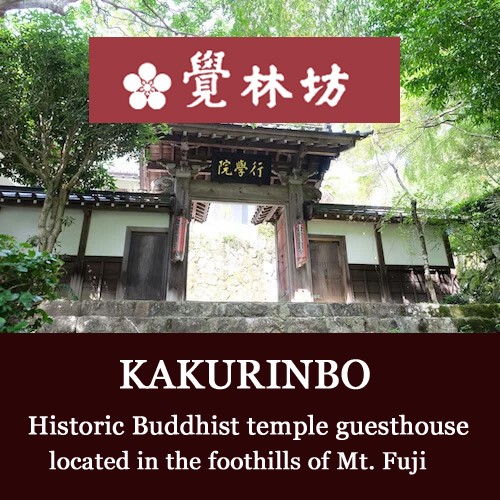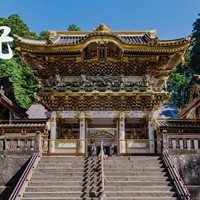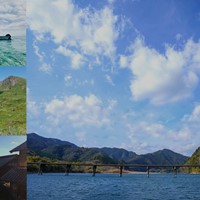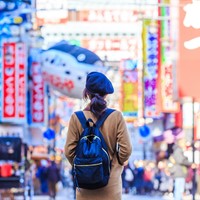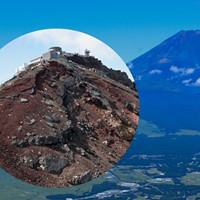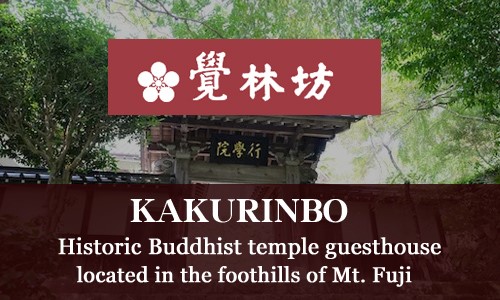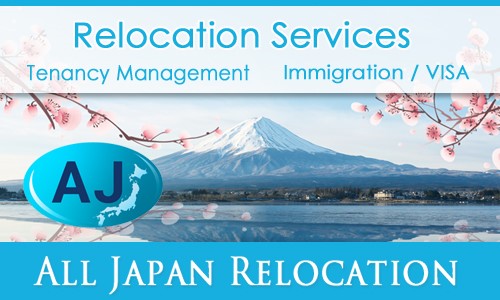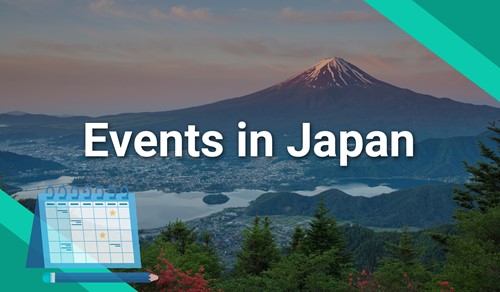Minobusan – The Buddhist enclave on Tokyo’s doorstep
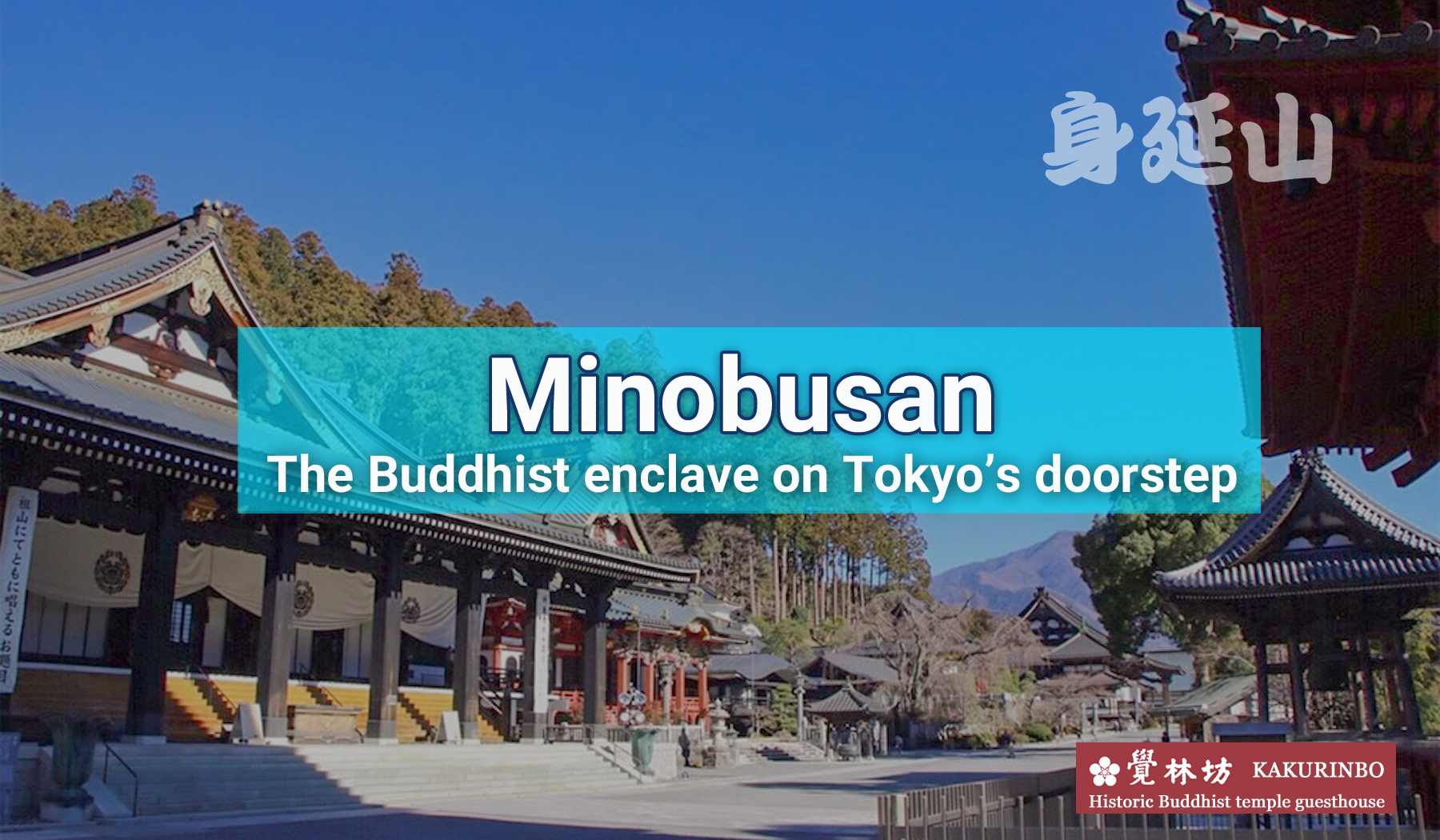
This article is contributed by KAKURINBO.
The sacred mountain of Minobusan in the southern part of Yamanashi Prefecture is home to Kuonji, the head temple of Nichiren Shu Buddhism and one of Japan's three major religious centers. Kuonji's early morning prayers are held each day and attract worshipers from all over the world, regardless of religion or denomination.
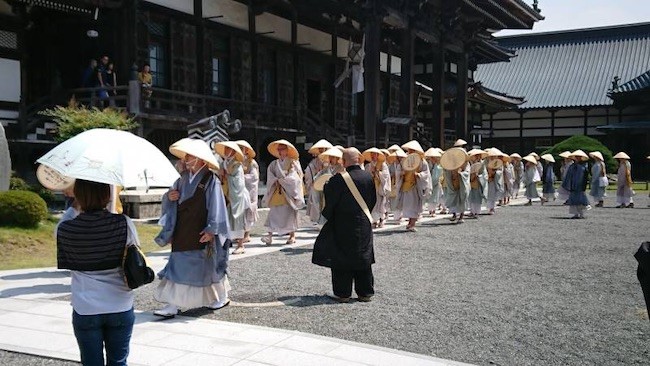
The community at the foot of the mountain is home to some 30 temple lodges. Known as shukubo, these accommodation facilities offer visitors the opportunity to stay at authentic Buddhist temples. Minobusan's shukubo were established as simple accommodation for novice monks and pilgrims visiting the sacred mountain. Over the centuries, shukubo have evolved and now welcome all travellers.
With the waning importance of religion in Japan, falling birthrate and aging population, the number of pilgrims and other visitors coming to Minobusan has plummeted in recent years. This has led to various problems affecting faith, the issue of temple inheritance and the local economy.
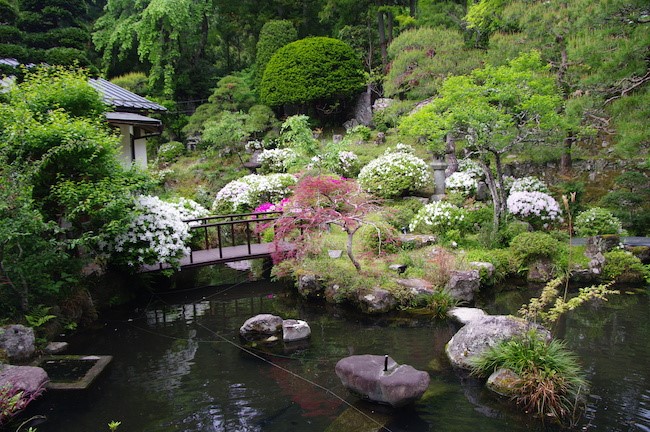
However, there is one temple shukubo in Minobusan that has become popular among tourists from overseas in search of unusual Japanese experiences away from the main sightseeing areas. Kakurinbo, which was established some 550 years ago, is the shukubo of Gyogakuin, a satellite temple of Kuonji. Over the years, Kakurinbo has adapted to the needs of overseas guests while retaining and preserving its heritage and traditional ambience. In 2019, it even featured on the Washington Post’s travel site.
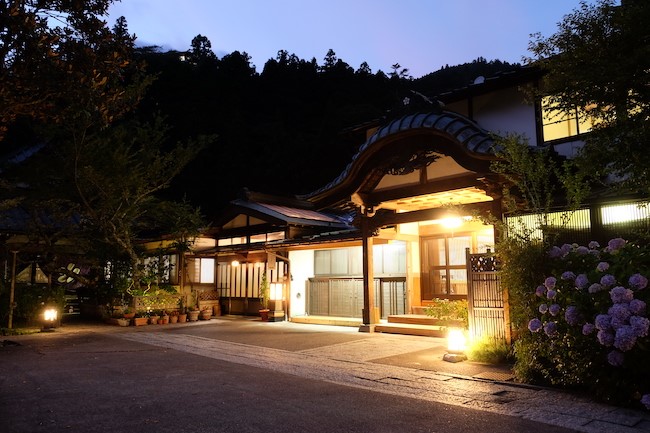
Kakurinbo was established by the celebrated priest Nitcho Daishonin (1422-1500). As the 11th head priest of Kuonji, Nitcho was instrumental in reviving Nichiren Shu Buddhism. Posthumously, he is known as the deity of eyesight and learning.
In recent years, Kakurinbo has become popular as an authentic accommodation highlighting the local food culture, especially yuba (bean curd sheets) and Akebono soybeans, which are unique to Minobu. It is also one of the few facilities where guests can experience free of charge wearing any one of 13 authentic wedding kimonos. Other activities available include sutra-copying classes in English and a nightly event that provides a taste of the annual Oeshiki festival.
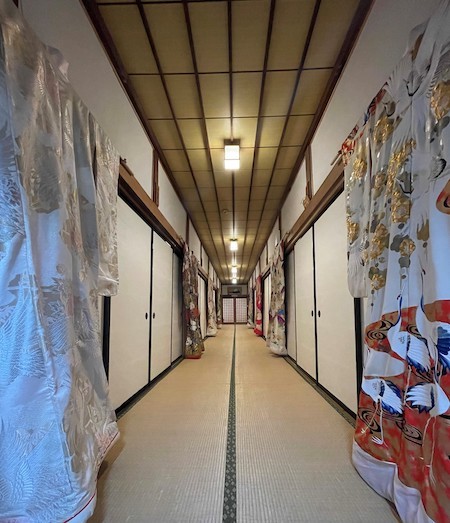
The history, religion and culture continue within the walls of the temples and shukubo, while outside the ever-changing mountain scenery remains undisturbed by the global upheaval. Fascinating, authentic and off the beaten track, Minobusan is only a bus ride away from Shinjuku Busta or 2.5 hours by car from central Tokyo.
